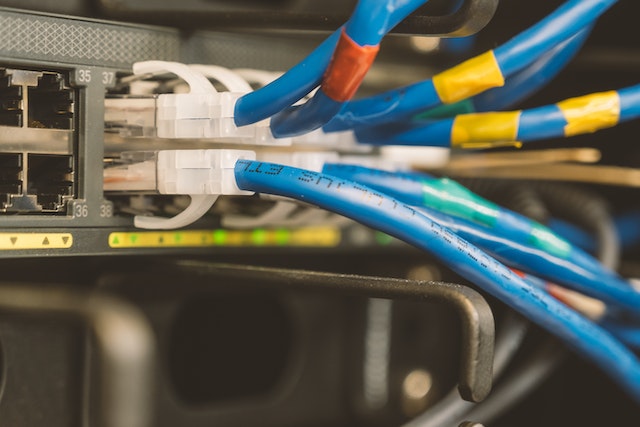You are aware of how crucial it is to preserve buried cables if you work in the construction, excavation, or maintenance industries. Even a small mistake could lead to costly repairs, legal trouble, or even put someone’s life in danger. Before you start digging, use an underground cable detector to locate and follow concealed cables. In this post, we’ll go over the benefits of using an underground cable locator, how it works, and what to consider when choosing one.
The Benefits of Using a Cable Locator Below
The most obvious benefit of using an underground cable locator is the ability to avoid injuring subsurface lines. By determining the location of the wires before you begin excavating, you may better arrange your excavation job and avoid making costly mistakes. In addition, an underground cable locator helps you with:
To save time and money, lessen the need for costly repairs and rework.
Ensure the safety of the workforce through preventing accidents and injuries.
Observe the laws and regulations that require the use of cable locators.
How Does an Underground Cable Locator Work?
An underground cable detector uses contemporary technology to locate and follow concealed wires. It works by emitting an electromagnetic signal that, when it travels through the earth, reacts with the wires. The locator then detects the signal and locates the cable based on the frequency and strength of the signal. The information is then relayed via aural signals or displayed on a screen, enabling the user to accurately locate the cable.
Considerations to Considering While Choosing an Underground Cable Locator
While choosing an underground cable locator, it’s crucial to consider a variety of factors, such as:
Frequency range: The frequency range of the locator affects the depth and accuracy of cable detection. Choose a locator whose frequency range matches the depth and type of wires you need to locate.
Choose a locator with an easy-to-read display and output options that deliver accurate data in real-time. Think about the output alternatives, such as audio signals or digital data, that best meet your needs.
Durability and portability: A reliable locator should be robust, lightweight, and portable so that you may use it in a range of circumstances.

